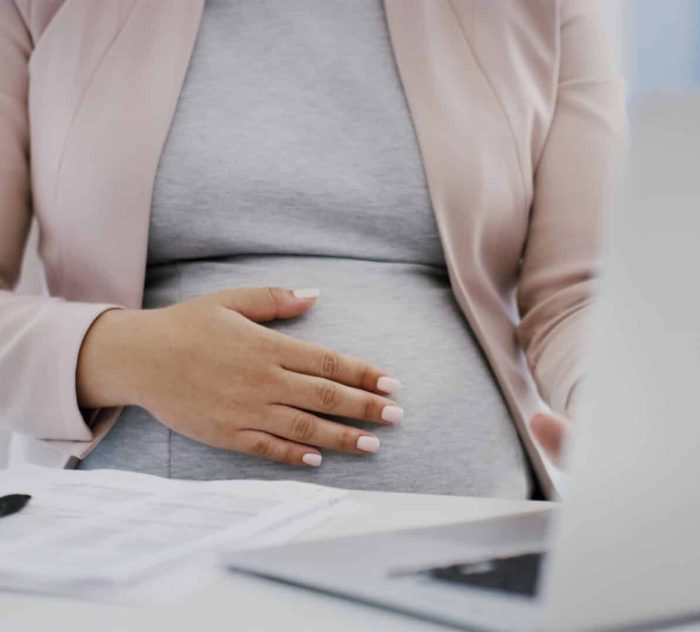The Legal Landscape
A federal judge in Louisiana granted a temporary injunction that prevents the Equal Employment Opportunity Commission (“EEOC”) from enforcing protections for workers seeking an abortion.
The Pregnant Workers Fairness Act passed with widespread bipartisan support in December 2022. The EEOC issued a final rule to implement the Act on April 15, 2024, with an effective date of June 18, 2024. The Act requires covered entities to make reasonable accommodations to a qualified employee’s or applicant’s known limitations related to, affected by, or arising out of pregnancy, childbirth, or related medical conditions, absent undue hardship on the operation of the business of the covered entity. The EEOC interprets “related medical conditions” broadly to encompass an employee’s choice of abortion.
Shortly after the final rule was issued, in May, a group of Catholic ministries filed a lawsuit[1] against the abortion accommodation mandate. The lawsuit alleged that the EEOC’s rule infringed on Title VII’s religious exemption, which expressly allows employers to make employment decisions based on sincere religious beliefs, and violated the plaintiff’s First Amendment rights. The Court consolidated the plaintiffs’ motion for preliminary injunction with a similar motion in a lawsuit[2] brought by the attorneys general of Louisiana and Mississippi. In that lawsuit, the attorneys alleged that the “EEOC is forcing States like Louisiana and Mississippi to go against State law and effectively facilitate an abortion.” Mere hours before the final rule was set to take effect, Judge David Joseph enjoined the final rule’s effect only for “accommodation[s] for the elective abortions of employees that are not necessary to treat a medical condition related to pregnancy.”
This ruling closely follows the recent dismissal of a lawsuit[3] filed by the attorneys general across 17 states challenging the EEOC and alleging its guidance was an illegal interpretation of the Act. Judge D. P. Marshall Jr. denied the states’ request for a nationwide preliminary injunction in that case, and instead dismissed the lawsuit in its entirety, holding that the states lacked standing to challenge the EEOC’s rule.
Significance
Despite legal challenges, the EEOC’s final rule went into effect on Tuesday, June 18, 2024. The scope of the injunction granted in the consolidated cases is limited to Louisiana, Mississippi, and the plaintiff-ministries. Employers outside of Mississippi and Louisiana may still face legal liability for failing to provide reasonable accommodations for employees’ pregnancy related conditions, including abortions. Possible accommodations can include travel time for medical appointments and recovery time after medical procedures. We are continuing to monitor legal challenges to the EEOC’s Pregnant Workers Fairness Act final rule and interpretive guidance and will provide major updates as they arise.
[1] United States Conference of Catholic Bishops, et. al v. EEOC, et. al, 2:24-cv-00691.
[2] State of Louisiana, et. al v. EEOC, 2:24-cv-00629.
[3] State of Tennessee, et. al v. EEOC, et. al, 3:24-cv-00224.


